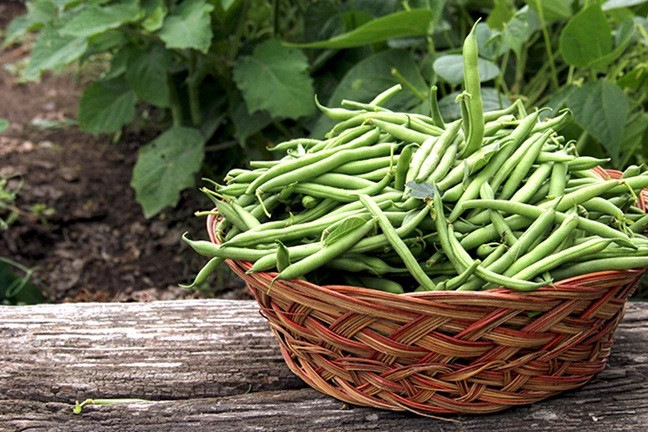Rural
23 July, 2024
Win for growers in 'code with clout'
"Big-stick changes" in the Food and Grocery Code of Conduct Independent Review will go a long way towards creating a fairer trading environment for fresh produce suppliers.

"This is a significant step in our campaign to level the playing field for farmers,” NFF acting CEO Charlie Thomas said.
“We’ve always said that to protect growers we need a code with strong enough deterrents to influence behavior in the supply chain.”
He said the review, conducted by Dr Craig Emerson, reflected the NFF's longstanding calls for improved conditions for growers.
"The NFF strongly supports the review’s specific focus on the fresh produce sector, given suppliers of perishable products are particularly vulnerable to poor behaviour in the supply chain," Mr Thomas said.
"This includes making the code mandatory, significantly increasing penalties for breaches and better support for growers to raise issues with the Australian Competition and Consumer Commission.
"The NFF is hopeful the review recommendations will provide clear, credible and enforceable reform to ensure the code is working effectively both now and into the future."
In his report, Dr Emerson made 11 recommendations which the federal government has now accepted.
"Throughout the review process, producers in sectors such as horticulture and dairy particularly raised issues regarding their experience with the supermarket sector," Mr Thomas said.
“These changes should finally give the code the clout it needs to protect farmers.
“It will hopefully mean that farmers can speak up without fear of retribution, and we’ll start to get a clearer picture of the issues at play.”
However, not all went as hoped for the NFF.
Mr Thomas said it was disappointing not to see a recommendation that coverage of the code be extended beyond supermarkets.
“Throughout the review we raised concerns from the greenlife sector that supplies Bunnings nurseries and argued that relationship should also have been covered by the code," he said.
“We’ll continue to look for ways to better protect those growers in [that] sector.”